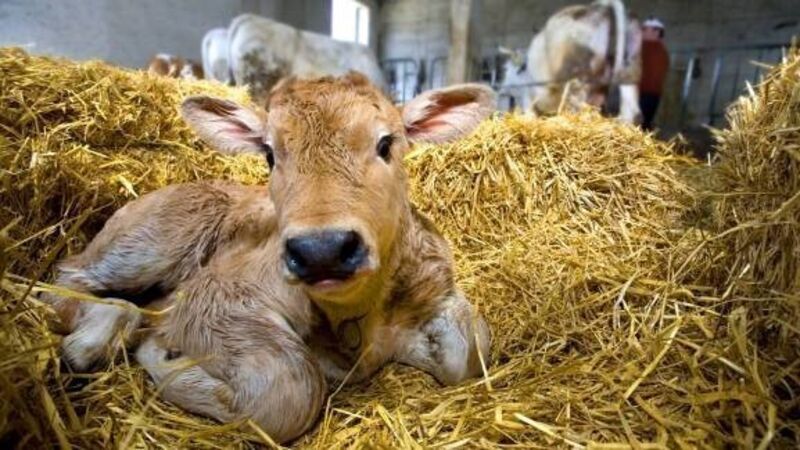Peat, slats and mats best alternatives to straw for bedding

It costs €1.19 to bed a 200kg suckler calf for a week, using straw priced at €25 for a 150kg bale. Woodchip costs €1.07, and peat is a fairly trouble-free bedding material which costs only €0.87, according to the latest Teagasc advice.
There are viable alternatives to straw for bedding, especially peat, slats for calves, and rubber mats in calving pens.













